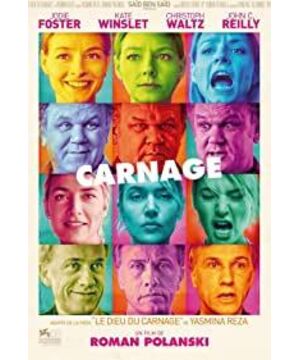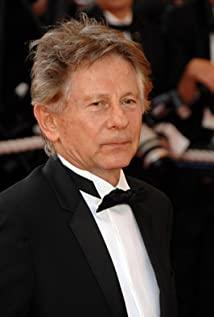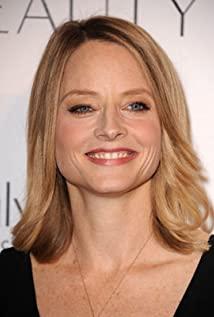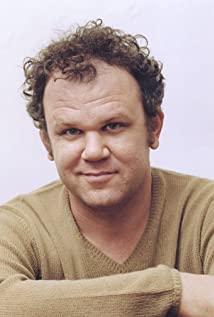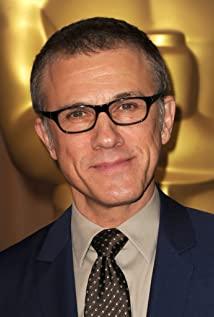"Killing" has pierced my long-standing myth about the existence of a civilized society. Its pain point is that when the surface is polite and calm, it is always hidden and turbulent. The so-called civilization is actually just a polite version of the law of the jungle. .
I have a simple and crude classification of people: care and not care
People who are used to care believe in civilization, believe that problems need to be solved, believe in the rationality of morality and social order, believe in freedom, human rights, democracy and the rule of law, and their extreme idealism makes them cry and make them out of place.
People who are accustomed to not caring believe that problems are the normal state of the world, so they have no hope and enthusiasm for social problems and do not expect to change. Morality and social order are just shackles created by human beings. Rationality, of course, most people will still be in the habit of abiding by social order. Such people often appear nihilistic, cynic, speculative, or open-minded.
In addition to the standard of care, "Killing" adds another dimension, whether it believes in "surface civilization".
The minimum standard of superficial civilization - don't tear your face. For people who are habitually caring, it is normal to believe in superficial civilization, because politeness itself is the norm of the idealism they pursue, but for people who do not care, superficial civilization is the norm. Civilization often appears ironic. For them, politeness is just a tool, even more like a restriction, a rule that social animals have to abide by, and for them, all the rules are just the same in this world that is not worthy of care. Just something worth taking care of.
The plot and characters of "Killing" are quite simple. There are only four characters on the stage, two couples, Penelope and Michael, Alan and Nancy. There was an 80-minute discussion on the resolution of the incident.
Penelope can be called a scholar, or pseudo-scholar, devoted to the study of human rights in Africa, and a follower of absolute civilization. He insists on educating Zachary, the child who knocked out Ethan's two front teeth, and makes him know from the bottom of his heart. Seeing the mistakes of his own violent behavior, he is full of justice and justice. According to her husband, Micheal, she is like the Virgin Mary who came out of an ivory tower, swept away by her enthusiasm for human rights issues in Sudan.
Penelope's husband is the opposite of Penelope. Micheal will be infected by Penelope's gentleness and politeness on the surface, and he also pretends to be gentle and enthusiastic. In his heart, he doesn't care about the causality and justice of the children's disputes. For him, boys Fighting is only natural, he is just standing in a father's position to maintain the face and interests of the position.
As a businessman, Micheal is accustomed to speculation and the law of the jungle, and actually scoffs at the Western civilization that Penelope talks about.
Nancy and Micheal can be roughly classified as the same kind. Nancy was just a parent of a troublesome child who was at peace at first, and she pretended to be low-key, but after a few rounds, she confided the truth after three rounds of drinking.
And in this farce in which everyone finally lost their way, Alan turned out to be the most consistent person because he acted like a jerk from the beginning, not even pretending to solve the problem, but From the very beginning, he showed no interest in solving the child's quarrel. He is the highlight of Carnage and the extreme opposite of Penelope. His indifference and cynicism give Penelope a comprehensive blow to his humanistic beliefs.
If it is divided according to the criteria of whether to care and whether to believe in superficial civilization, before the superficial civilization breaks down, these four characters have such a relationship.
Before the superficial civilization broke down, the situation was 1v3, and three polite people condemned Alan who looked like a villain.
And it is equally interesting after the surface civilization is completely torn apart.
It's still 1v3, but it's just Penelope's idealism against the total apathy of the remaining three.
Alan and Penelope are the two poles of the ideal-reality coordinate axis. Pe is an extreme ideal. She thinks she is a citizen of this civilized world who bears the moral responsibilities of the world, but in fact it is just a coincidence of the selfishness and moral paramount of a mother who protects her son. She never realizes this coincidence and tries her best to be noble, which makes her position hypocritical. The civilization that thinks it has penetrated deep into the bone marrow has never penetrated an inch of its face, it is just a person who turns around and scolds "bitch" and doesn't admit it.
Alan's complete lack of care seems to be the biggest winner in this scene, but the director also didn't make him feel better. His complete lack of implementation of the surface civilization made Nancy lose face, and his lack of care for everything except the fun of work and games made Nancy even more angry, so she angrily threw Alan's constantly calling mobile phone into the water in the vase .
So far, the battle lineup has changed again, 2v2, two women who care about life trivia vs two men who care more about business problems
I don't think the director has a clear bias towards civilization or the jungle. Although he made a merciless mockery of "Western civilization" through the mouths of Alan and Micheal, he still left Penelope, the only one. An image that is hypocritical but still has a bit of a positive vibe. The dispute between the four people is a concrete representation of the back-and-forth pulling of these standards. It takes 80 minutes, one scene, four actors, and countless complicated life philosophies torn apart. The director did it, and it was very vivid and sharp.
The portrayal of the characters in the film once reminded me of the confrontation in the first episode of Xu Zhiyuan's dialogue with Ma Dong in the Thirteenth Invitation. Xu Zhiyuan is a Penelope-style idealist scholar, and the difference is that Pene is portrayed as more of a person who convinces himself that he cares about fairness, justice, human rights, and the rule of law, while Xu is a person who is genuinely enthusiastic and who truly cares about the culture he discusses. Ma Dong is a somewhat nihilistic and cynic cultural businessman. In other words, his cynicism and businessman status are mutually causal. Because of this worldview, he has embarked on the road of selling culture from a cultural person, and because of his businessman status, he needs to become a businessman. More cynic.
In that episode, Ma Dong looked more open-minded and transparent, while Xu Zhiyuan was like a child who likes to dig into the horns. Whether it's in the movie or in reality, it probably looks like a complete victory over careless versus careless.
But even though those who don't care dislike those who care for being hypocritical and narcissistic, if one day everyone in the world doesn't care, those who didn't care at first will probably feel desolate as well.
So I always felt that it was those who had a strong sense of moral responsibility and a sense of mission, who gave the cynic the chance to indulge.
View more about Carnage reviews


